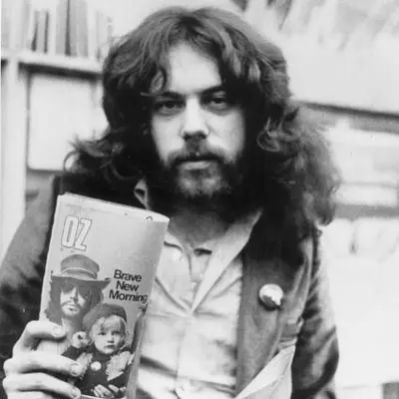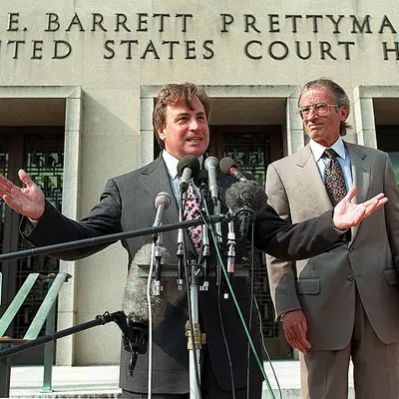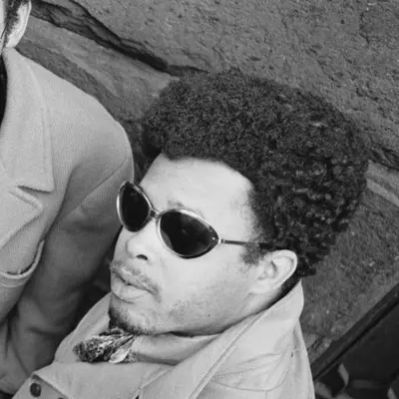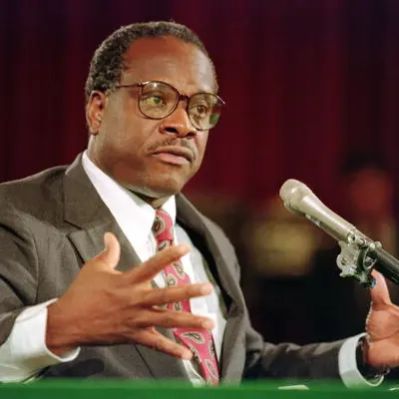What Is Felix Dennis’ Net Worth?
Felix Dennis, a British publisher, poet, and philanthropist, accumulated a substantial net worth during his lifetime. At the time of his passing in 2014, his net worth was estimated to be around $300 million. This wealth was primarily derived from his ownership of Dennis Publishing, a company he founded in 1973.
The Foundation of Felix Dennis’ Wealth: Dennis Publishing
Dennis Publishing’s success was largely attributed to Felix Dennis’ entrepreneurial vision and his ability to identify emerging trends in the publishing industry. In the mid-1980s, he capitalized on the growing popularity of personal computers by launching computer and hobbyist magazines. These publications quickly gained a significant readership, generating substantial revenue for the company. The flagship brand, The Week, further solidified Dennis Publishing’s position in the market.
While specific financial details of Dennis Publishing’s annual revenues during Felix Dennis’ lifetime are not publicly available, the company’s portfolio included a diverse range of titles, such as Auto Express, Maxim, Men’s Fitness, and Computer Shopper, suggesting a diversified income stream. These publications catered to a broad audience, contributing to the company’s overall financial stability.
Felix Dennis’ Diverse Interests and Investments
Beyond his publishing ventures, Felix Dennis was known for his passion for poetry. He authored two collections, “A Glass Half Full” and “Lone Wolf,” which added to his personal brand. While the specific financial gains from his poetry are not detailed, they reflect his diverse interests and creative pursuits.
Felix Dennis also expressed a deep love for nature and was an avid tree planter. He dedicated a significant portion of his time and resources to planting trees, aiming to create a substantial woodland area on his estate. The scale of this project suggests a considerable investment in land and resources.
Felix Dennis’ Real Estate Portfolio
Felix Dennis maintained a diverse real estate portfolio, reflecting his international lifestyle. He owned properties in Warwickshire, London, New York, Connecticut, and the Caribbean island of Mustique. While the exact addresses and valuations of these properties are not fully accessible to the public, owning residences in such prime locations indicates a considerable allocation of wealth to real estate assets.
The Warwickshire estate, in particular, was known for its expansive grounds and the extensive woodland he cultivated. This property served as his primary residence and a testament to his commitment to environmental conservation. The London residence likely served as a base for his business activities and social engagements in the UK capital.
His homes in New York and Connecticut provided him with bases in the United States, allowing him to oversee Dennis Publishing’s operations in New York City and enjoy the quieter surroundings of Connecticut. The Mustique property offered a luxurious retreat in the Caribbean, reflecting his appreciation for travel and leisure. These diverse properties underscore his financial success and global lifestyle.
Philanthropic Endeavors
Felix Dennis was a dedicated philanthropist, contributing to various charitable causes. While the exact figures of his charitable donations are not fully disclosed, his commitment to philanthropy was well-documented. He established the Felix Dennis Charitable Foundation, which supports a range of initiatives, including arts, education, and environmental projects.
His philanthropic efforts reflect his belief in giving back to society and supporting causes he was passionate about. The establishment of the foundation ensures that his charitable work continues beyond his lifetime, leaving a lasting legacy of positive impact.
Early Career
Felix Dennis’ early career involved an association with the underground magazine Oz. Starting as a street seller in 1971, he quickly rose to the position of co-editor. This early involvement in counter-culture media provided him with valuable experience in publishing and marketing, which later proved essential in his entrepreneurial ventures.
His time at Oz was not without challenges, including imprisonment in 1971. However, this experience ultimately shaped his determination to succeed on his own terms. After being released on appeal, he founded Dennis Publishing in 1973, marking the beginning of his journey to building a publishing empire.
Dennis Publishing’s Expansion
Dennis Publishing’s success in the mid-1980s with computer and hobbyist magazines laid the foundation for its expansion into other areas of publishing. The launch of titles such as Auto Express, Maxim, and Men’s Fitness broadened the company’s reach and diversified its revenue streams.
The acquisition of The Week in 2003 was a significant milestone for Dennis Publishing. This flagship brand quickly became a cornerstone of the company’s portfolio, contributing significantly to its overall profitability. The Week’s unique format and editorial approach resonated with readers, solidifying Dennis Publishing’s position as a leading player in the magazine industry.
Personal Life and Habits
Felix Dennis was known for his unique lifestyle and personal habits. He was a prolific writer and poet, often working late into the night. His passion for tree planting was a defining aspect of his life, reflecting his commitment to environmental conservation.
He maintained a busy schedule, dividing his time between his various homes and business interests. His homes in Warwickshire, London, New York, Connecticut, and Mustique provided him with a diverse range of environments, reflecting his international lifestyle and appreciation for different cultures.
Other Ventures
While publishing was his primary source of wealth, Felix Dennis also explored other business ventures. Details of these ventures are limited, but they reflect his entrepreneurial spirit and willingness to explore new opportunities. He was always looking for ways to innovate and expand his business interests.
His diverse interests and investments contributed to his overall financial success, demonstrating his ability to capitalize on opportunities in various sectors. His legacy as a publisher, poet, and philanthropist is a testament to his entrepreneurial vision and personal achievements.
 Net Worth Ranker
Net Worth Ranker































































